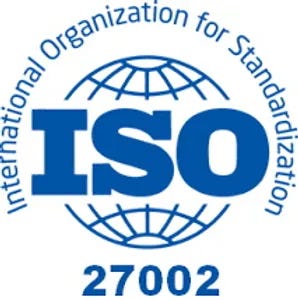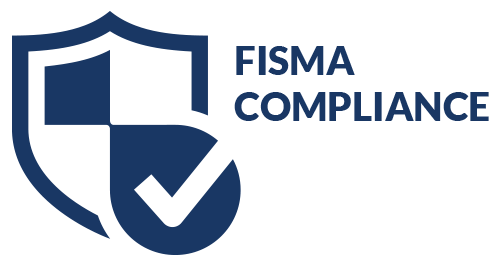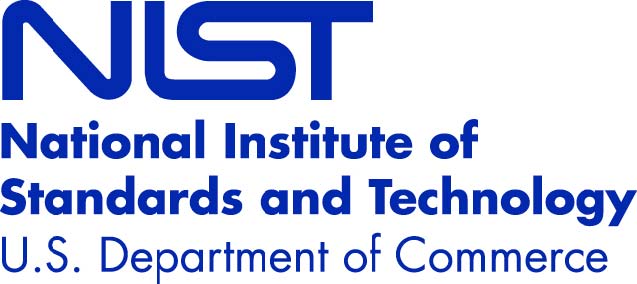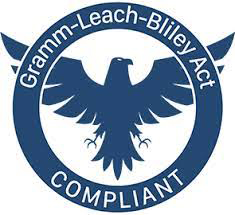Defaults are on the rise — how will that affect your profits?
Here’s a number that should get the attention of any CFO: $1.021 trillion.
According to The Washington Post, that’s how much debt U.S. consumers are currently carrying. Defaults on these debts are also rising. The Post points out that both the 2008 recession and the Great Depression were preceded by a strong increase in per household debt.
It’s clear that Americans haven’t learned from past mistakes. When consumer debt increases the chances of late payments or defaults increase, how can an organization protect itself against loss?
Managing Outstanding Consumer Debt
A November article in Fox Business states that roughly 4.9% of all consumer debt is delinquent, especially in the areas of credit card and auto loans. However housing-related expenditures still hold the lion’s share of consumer debt in this country. From student loans and medical bills to retail credit cards, Americans continue to rack up and run delinquent credit lines that threaten the Consumer spending, which accounts for 70% of our GDP.
Managing outstanding consumer debt is a huge undertaking for ARM Professionals, who are often frustrated by a lack of resources to fully engage delinquent consumers. A poll by Credit Today showed 25% of credit departments do not have enough staffing to manage their workload. Many of these same organizations lack the budget to add the staff or technological resources they need to get the job done.
For these reasons, many ARM Professionals still consider bad debt write-offs to be simply the cost of doing business. But any collections department walks a tightrope between complying with applicable laws, retaining and creating repeat customers in the market, and meeting the financial expectations of shareholders.
If you’ve imagined what your bottom line would look like without bad debt write-offs, it might be time to ask for help from a professional.
Outsourcing Collections
Strategic cost and debt management require new models to keep pace with the demands of an evolving market. Outsourcing some or all of your business debt to a collection agency is an excellent way to improve performance of your accounts receivable portfolios. These organizations typically work on a contingency, so their efforts to collect customer debt literally pays for itself.
Could outsourcing collections provide the help you need to stabilize the bottom line?
Digital technology and cloud computing have modernized the field of collections. Big data analytics along with the real-time updates in the cloud allow credit companies to keep more accurate consumer records. This reduces consumer complaints that you are “harassing” them with too much correspondence. Digital technology is also being leveraged to reach consumers where they live — on their handheld digital devices. Finally, many of the tasks traditionally accomplished by-hand are now automated, which end up saving you time and money.
Some of the benefits of outsourcing collections include:
- Best in class technology
- You can leverage the expertise of a specialist
- Important part of business continuity planning (BCP) strategy
- Scalable – you can adjust workloads without involving HR
Making the deliberate decision to add outsourced collections to your toolbox may allow your organization the breathing room it needs to sustain growth. That’s why many CFOs are making the decision to outsource collections as part of a broader cost management strategy.
Would you consider outsourcing for a 22% increase in your recoveries? Since TSI implemented our proprietary data analytics model, CollectX, to help boost recoveries for our clients, on average they’ve seen just that! To start the conversation about improving your receivables and lessening your internal workload, contact us today.
Want to learn more about TSI? Fill out the form and a TSI representative will contact you shortly.
